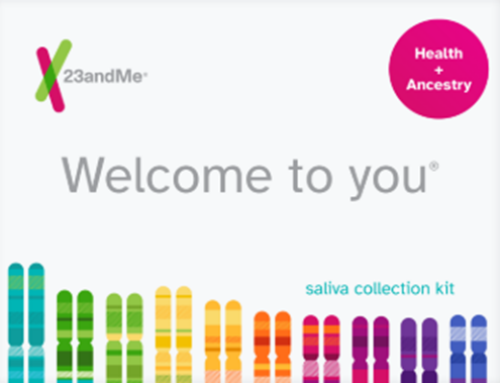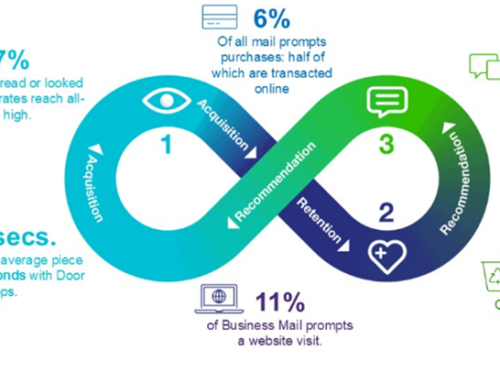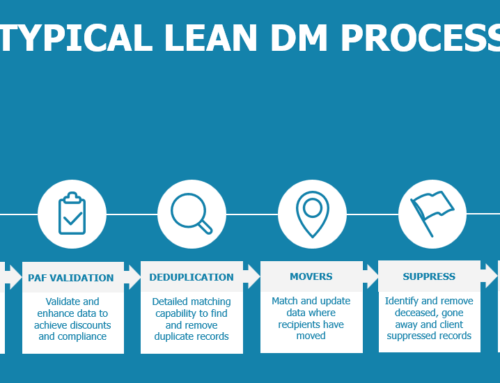In the wake of a family’s distressing experience with Wirral Council, the importance of data hygiene in local council operations has come into sharp focus. Richard Sefton-Durrant’s story about his late mother, Jane Durrant, underscores the emotional and administrative challenges posed by outdated or inaccurate data handling by councils.
Jane Durrant, who passed away at 63 after a battle with bone cancer, continued to receive council tax bills at her previous address, despite having moved into supported living. This situation persisted even after her death, with her family receiving multiple letters and emails regarding her council tax obligations. This not only caused emotional distress to the family but also highlighted significant flaws in the council’s data management systems.
The issue at hand is not isolated. Our recent research through a Freedom of Information request revealed concerning statistics about UK councils’ approach to data hygiene. Alarmingly, 12% of councils admitted to not keeping their data up to date, lacking processes to clean or delete data. Meanwhile, 20% had vague processes in place without specifics on regularity or methodology.
This situation is exacerbated by the fact that over a quarter of councils update their information only when notified by a constituent. This reactive approach, as opposed to a proactive one, can lead to situations like the Durrants faced, where councils continue to operate based on outdated or incorrect information.
The GDPR legislation, specifically under Article 5, emphasises the importance of maintaining accurate and current personal data. However, the responses from the councils indicate a lack of clarity and compliance with these regulations. Some councils even requested clarification on terms like “data accuracy” and “consumer data,” which are fundamental to GDPR.
Whilst the irony is that keeping data clean has never been easier or more cost-effective, this issue has broader implications, especially considering the government’s plans to give local authorities increased access to public data following the pandemic. Such access, without proper data hygiene practices, could lead to increased data breaches and erosion of public trust.
The case of Jane Durrant and her family serves as a stark reminder of the human impact of poor data hygiene. It’s a call to action for councils and every organisation in 2024 to prioritise accurate and up-to-date data management, not only to comply with legal obligations but to serve their communities and customers more effectively and compassionately.





